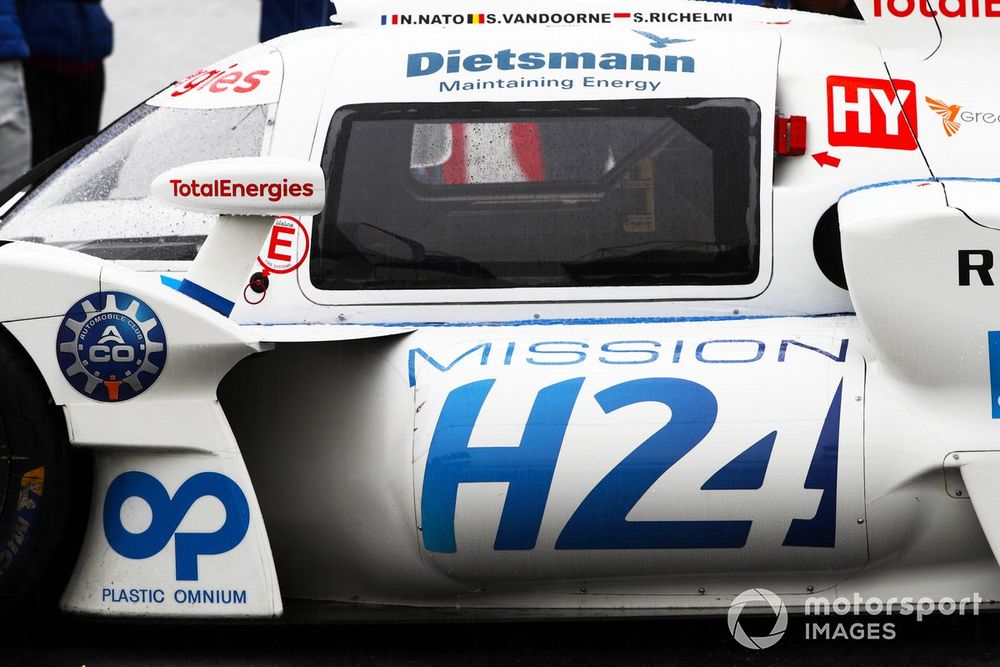Following the latest meeting of the World Motor Sport Council, it was announced that in the context of hydrogen combustion applications that “development and promotion of solutions based on hydrogen stored in liquid form” would be prioritised over gas storage.
No reference was made to fuel cell applications, but this is not understood to indicate that the technology’s potential is being discounted by the governing body.
An FIA statement said: “Given the [liquid] tank’s characteristics, lower volume and weight compared to compressed gas tanks, liquid storage form is better suited to the demanding environment of motorsport competitions, where optimisation is key.
“This also allows the powertrain layout to remain closer to the one of a conventional combustion-powered car compared with vehicles accommodating compressed gas tanks.”
It added that “solutions utilising compressed gas storage type will be considered as interim solution, provided minimum safety and technical requirements are met”.
Momentum has slowly gathered pace behind hydrogen as an alternative to electric power as a pathway for sustainable motorsport, because water is its only byproduct when produced by a process of electrolysis using renewable energy sources.
Mission H24 Hydrogen
Photo by: JEP / Motorsport Images
Plans are in place for a H2 class at the Le Mans 24 Hours, which after several delays is slated to begin from 2027, with it hoped that hydrogen-powered machines will be able to compete for outright victory.
The first all-hydrogen racing series is set to begin next year, as Extreme E morphs into its new identity as Extreme H using fuel cell technology.
Fuel cells have been used in motorsport since 2019 in the MissionH24 joint venture between GreenGT and Le Mans organiser the Automobile Club de l’Ouest.
It was announced last year that Extreme H would join forces with Formula 1 and the FIA to create a joint Hydrogen Working Group to evaluate how the technology in both combustion and fuel cell forms can be used across motorsport.
The FIA formed its Hydrogen Technical Working Group in 2019 and since 2020 has had safety regulations for hydrogen-powered vehicles included within its International Sporting Code.
Click Here to Read the Full Original Article at Motorsport.com – Formula 1 – Stories…

